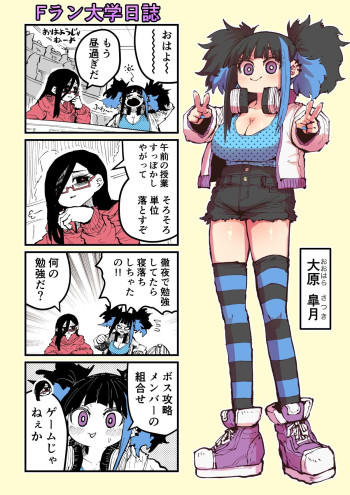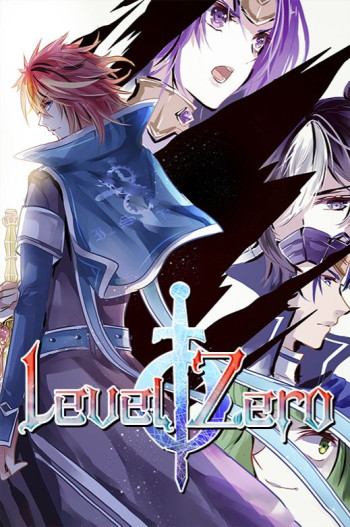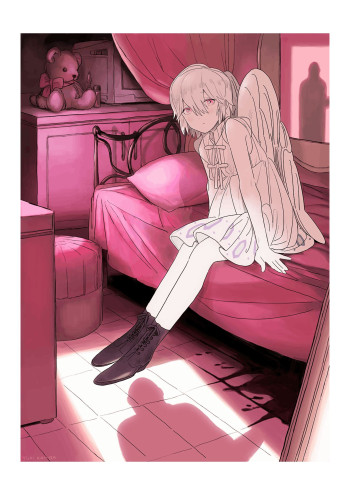Jodi Picoult's My Sister's Keeper is a poignant exploration of familial bonds, ethical dilemmas, and the complexities of love and identity. The novel, which has captivated readers since its release, delves into the heart-wrenching story of the Fitzgerald family, whose lives are intricately woven around the illness of their daughter, Kate. At its core, the book raises profound questions about morality, autonomy, and the sacrifices we make for those we love.
The narrative is driven by the unique and controversial premise of Anna Fitzgerald, a 13-year-old girl conceived through preimplantation genetic diagnosis to be a perfect donor match for her older sister, Kate, who suffers from leukemia. From the outset, Picoult immerses the reader in Anna's world, where her identity is inextricably linked to her sister's survival. This setup not only serves as the backbone of the plot but also as a catalyst for the novel's exploration of deeper themes.
One of the most compelling aspects of My Sister's Keeper is its multifaceted examination of what it means to be a good parent and a good person. Through the character of Sara Fitzgerald, the mother, Picoult presents a portrait of a woman whose love for her child drives her to make unimaginable choices. Sara's unwavering determination to save Kate, even at the expense of Anna's autonomy, raises ethical questions about parental rights and responsibilities. Is it justifiable to prioritize one child's life over another's freedom? This moral quandary is at the heart of the novel and is handled with Picoult's characteristic sensitivity and insight.
Anna's decision to seek medical emancipation from her parents is a pivotal moment in the story, marking her quest for self-identity and autonomy. This decision sets off a legal battle that threatens to tear the family apart, highlighting the tension between individual rights and familial obligations. Picoult skillfully navigates this tension, allowing readers to empathize with each character's perspective. Anna's struggle for independence is portrayed with authenticity, capturing the universal teenage desire to define oneself outside of familial expectations.
The novel's structure, with its shifting perspectives, adds depth to the character development and enriches the narrative. Each chapter is narrated by a different character, providing a kaleidoscope of viewpoints that illuminate the complexities of the family dynamic. This narrative technique allows Picoult to delve into the inner lives of her characters, revealing their fears, hopes, and motivations. The result is a richly textured story that resonates with emotional truth.
Kate, the catalyst for the family's turmoil, is portrayed with nuance and empathy. Her battle with leukemia is depicted with raw honesty, capturing both the physical and emotional toll of the disease. Through Kate's perspective, Picoult explores the concept of living with a terminal illness and the impact it has on one's sense of self. Kate's relationship with her sister is particularly poignant, underscoring the deep bond they share despite the circumstances that brought them together.
In addition to its exploration of family and identity, My Sister's Keeper tackles broader societal issues, such as the ethics of genetic engineering and the implications of medical advancements. Picoult raises important questions about the boundaries of science and the moral responsibilities that accompany technological progress. These themes are woven seamlessly into the narrative, prompting readers to reflect on the ethical dimensions of modern medicine.
The novel's emotional impact is further heightened by Picoult's lyrical prose and keen attention to detail. Her writing is both evocative and accessible, drawing readers into the emotional landscape of the characters. The dialogue is authentic and engaging, capturing the nuances of familial relationships and the complexities of human emotion. Picoult's ability to convey the intricacies of love, loss, and sacrifice is a testament to her skill as a storyteller.
While My Sister's Keeper stands out for its unique premise and emotional depth, it shares thematic similarities with other works that explore the dynamics of family and identity. For instance, Kazuo Ishiguro's Never Let Me Go also grapples with the ethical implications of genetic engineering and the search for identity within a predetermined role. Both novels challenge readers to consider the moral complexities of scientific advancements and the impact they have on individual lives.
In conclusion, Jodi Picoult's My Sister's Keeper is a masterful exploration of the human condition, offering a nuanced portrayal of love, sacrifice, and the quest for autonomy. Through its compelling characters and thought-provoking themes, the novel invites readers to reflect on the ethical dilemmas that arise when personal desires conflict with familial obligations. Picoult's ability to tackle controversial subjects with grace and sensitivity makes this book a must-read for anyone interested in the complexities of human relationships and the moral questions that define our lives.
For those interested in exploring this emotionally charged and thought-provoking novel, you can find it on Goodreads.
























Reviews 0
Post a Reviews: